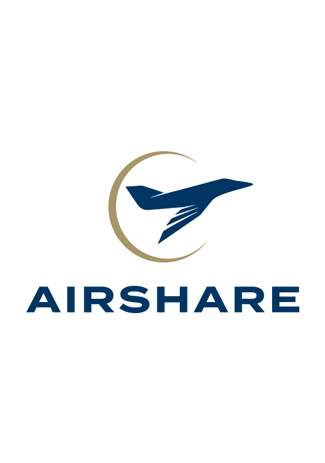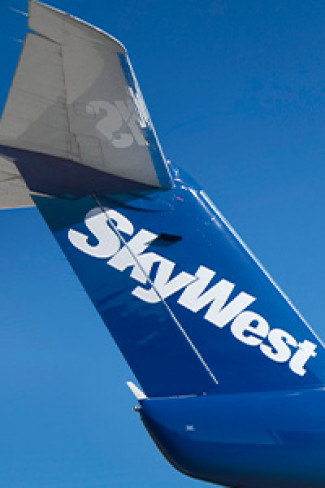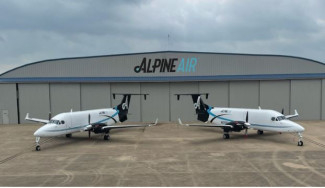New Bill Proposed After Boeing Investigation

Boeing’s 737 Max airplanes endangered all pilots. These aircraft models did not all come with essential safety features, which were instead sold separately. As a result, two major crashes occurred due to preventable angle-of-attack errors that caused the nose of 737 Max airplanes to point downward.
As a result of these preventable accidents, an investigation was launched in the Senate. As a result of the analysis from the US Senate Committee on Commerce, Science, the Committee introduced a bill that is designed to expand safety regulations and prevent similar 737 Max crashes from occurring in the future.
Aircraft Safety Improvement Act of 2020
The Senate Committee determined that Boeing’s malfeasance was made possible due to the Organization Designation Authorisation, or ODA, certification.
Th ODA process permits potential conflict of interest situations due to how the safety checks are conducted. The current situation allows the FAA to delegate responsibility to individual parties to perform these safety checks, but there is a chilling effect on anyone who would come forward about a potential safety issue. Whistleblowers are disincentivized to mention any safety problems as there is no protection for them, regarding job security or other punitive measure.
To encourage delegates and engineers to step forward in the future, the new bill states that “at a minimum, the best practices shall address preventing and deterring instances of undue pressure” on these employees. In accordance with the bill, those responsible for ensuring safety may not be bullied or rushed into making a decision that could cause dangerous oversights.
Other important aspects of the bill are listed below.
-
FAA to establish ODA methodology to promote data generation transparency.
-
Develop a Safety Management System similar to what airlines use when determining if an aircraft is safe to fly.
-
Require “a documented surveillance process by defining and planning inspections, audits, and monitoring activities on a continuous basis”.
-
Flight testing process must have “a representative sample of international and domestic airline pilots” to generate diverse feedback about a new airplane and reduce the risk of oversight.
-
Ensure all pilots have adequate training to operate an airplane by requiring the “FAA to conduct more research into human factors with respect to the design and certification of aircraft”.
The Senate Committee’s investigation is ongoing. On June 17th, Steven Dickson, administrator of the FAA, will testify before the Senate. Pending on Dickson’s testimony, more stringent regulations may be added. And the House of Representatives is also creating its own bill for airline safety.
In addition to new safety protocols in the manufacture of aircraft, the Senate Committee also determined that the pilots were not adequately trained on the equipment. In the future, the additional expenses needed to adhere to the regulations outlined in the bill will fall on Boeing and other airframers.
According to Richard Aboulafia, Teal Group Aerospace Analyst, “Max sales contracts would transfer the costs of additional pilot training back to Boeing”. Aboulafia went on to says “From an airline standpoint, I don’t think it will change much.”
-

Airshare 07/22/2024
-
Alpine Air 07/18/2024
-

Atlas Air 07/17/2024
-

Piedmont Airlines 07/10/2024
-

SkyWest 07/09/2024
 AIRLINE PILOT CENTRAL
AIRLINE PILOT CENTRAL